Novel prize winners who had tragic fates
The Nobel Prize is one of the most prestigious accolades, celebrating individuals whose contributions have significantly advanced humanity. Yet, behind the glamour, many laureates experienced personal struggles that shaped their lives.
The stories of these individuals reveal the complexities of genius, juxtaposing their remarkable achievements with the personal challenges they faced. From emotional turmoil to societal pressures, these tales remind us that even the most celebrated individuals are not immune to life’s adversities.
Marie Curie: The Pioneering Physicist and Chemist
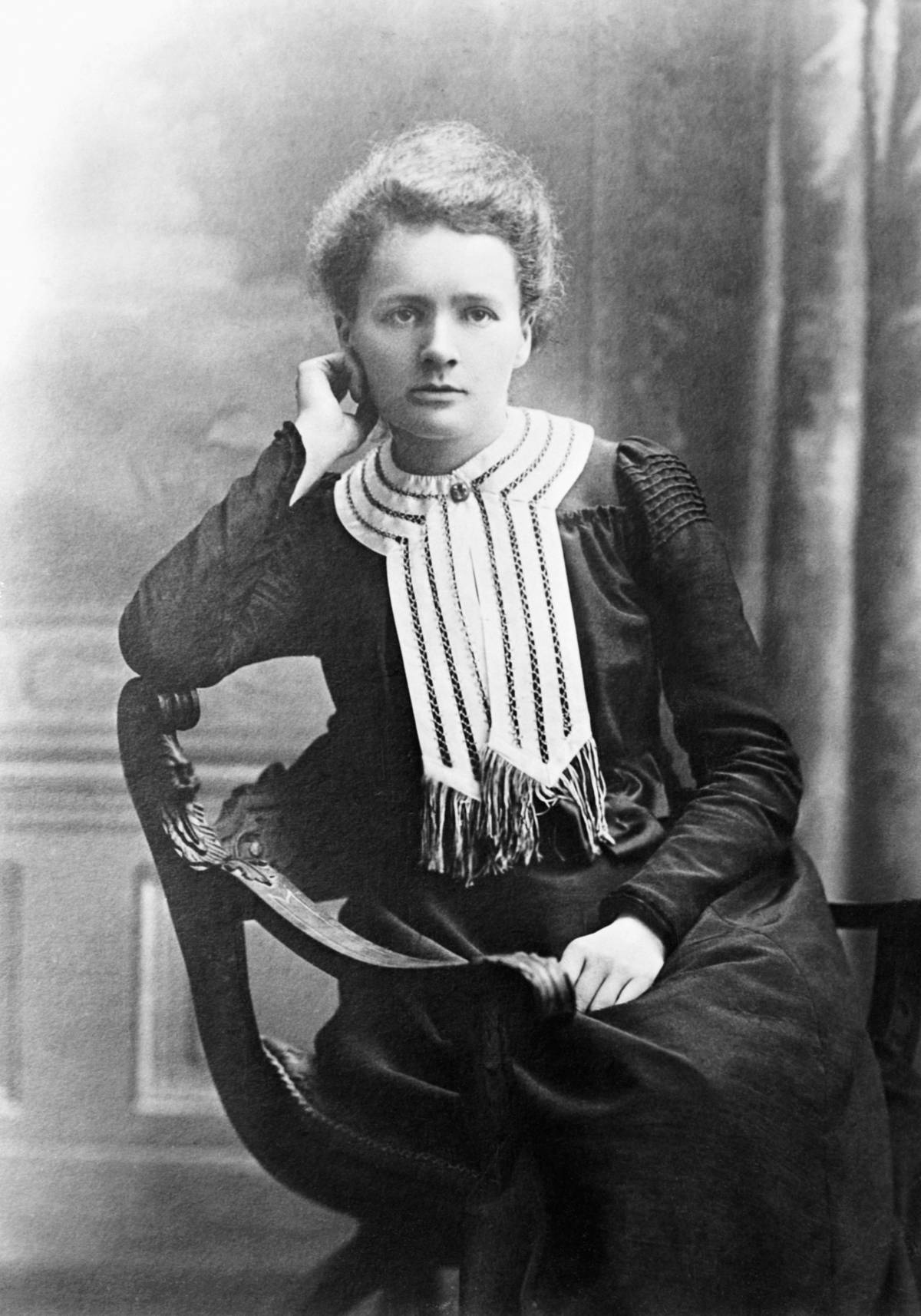
Marie Curie was the first woman to win a Nobel Prize, and she remains the only person to receive Nobel Prizes in two different scientific fields: Physics and Chemistry. Known for her groundbreaking work on radioactivity, Curie’s dedication to science was unwavering, even in the face of personal hardships.
After her husband’s tragic death in a street accident, Curie continued her research while raising two daughters until her death from aplastic anaemia (attributed to her lifelong exposure to radiation) on July 4, 1934. Her resilience and passion for discovery left an indelible mark on the scientific community.
Ernest Hemingway: Literary Genius with a Turbulent Life
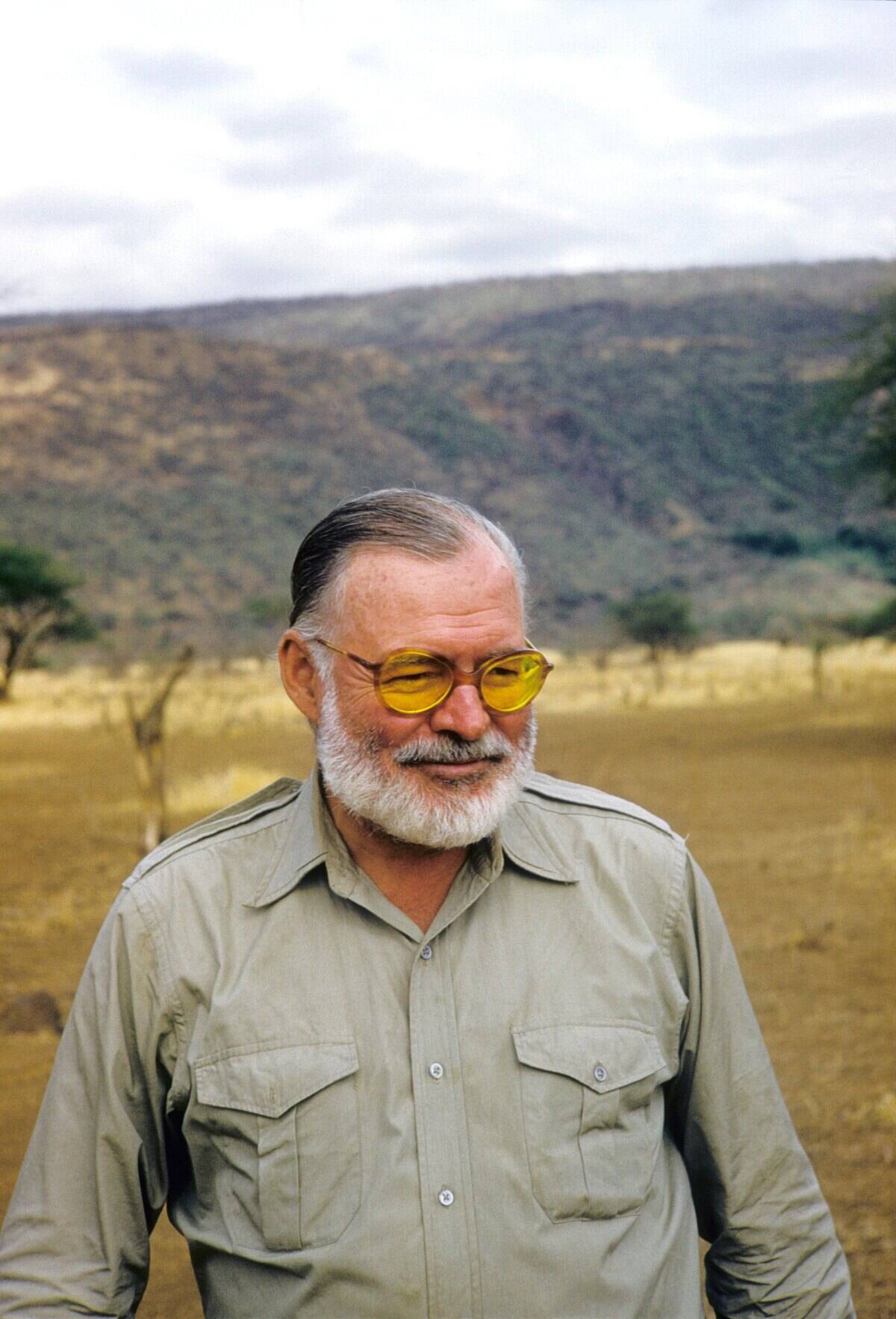
Ernest Hemingway, awarded the Nobel Prize in Literature in 1954, is renowned for his distinctive writing style and adventurous life. However, his personal life was marked by turmoil, including four marriages and battles with depression.
Hemingway’s war experiences deeply influenced his work, contributing to the themes of courage and despair in his novels. His life ended tragically in 1961 when he took his own life, leaving behind a legacy of influential literary works that continue to captivate readers.
Albert Camus: The Philosopher and His Untimely Death
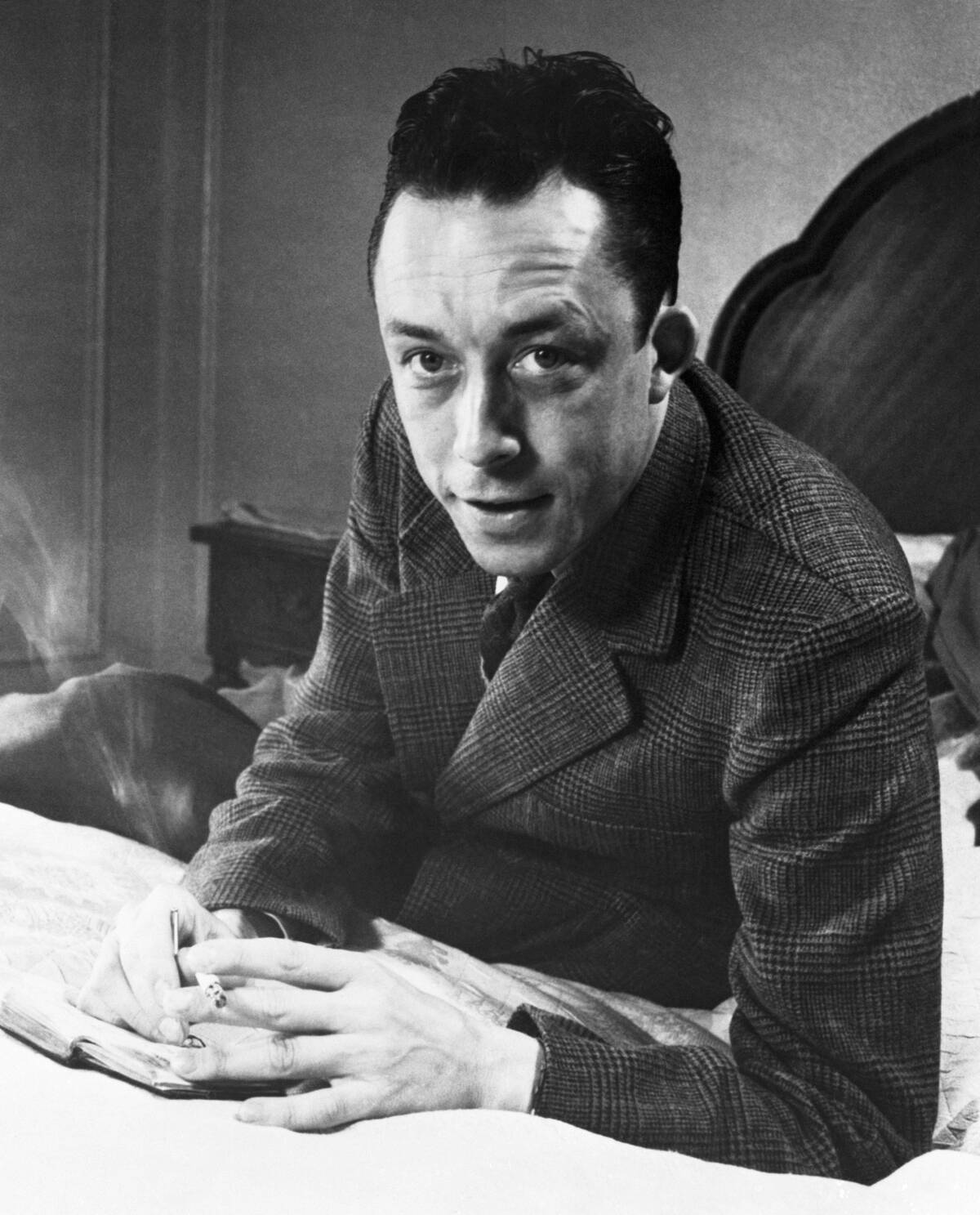
Albert Camus, awarded the Nobel Prize in Literature in 1957, was known for his exploration of existential themes. His philosophy centered on the absurdity of life and the search for meaning.
Camus’s life was cut short at the age of 46 when he died in a car accident. Despite his brief career, his works, such as The Stranger and The Plague, continue to provoke thought and discussion about the human condition and the search for truth in a seemingly indifferent universe.
Niels Bohr: Atomic Theorist and Personal Losses
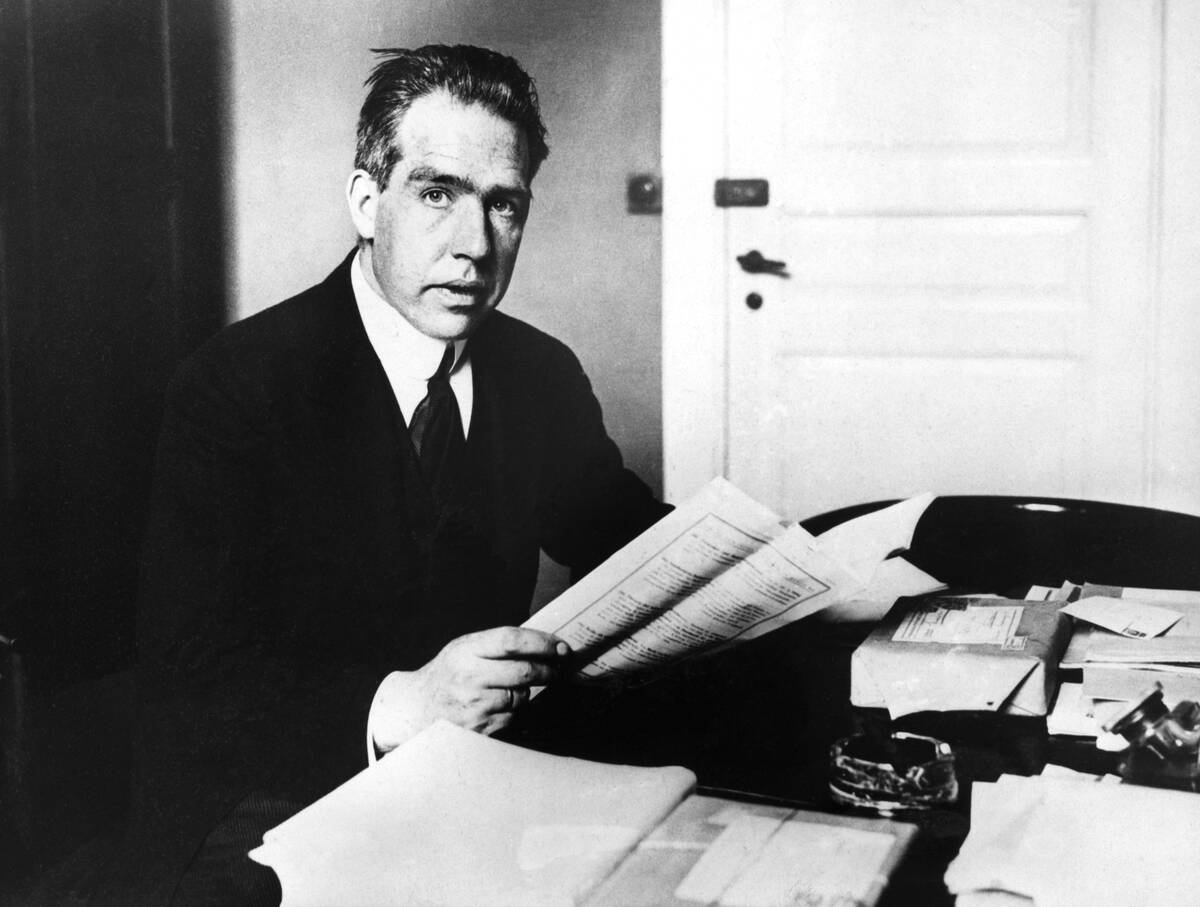
Niels Bohr made significant contributions to our understanding of atomic structure and quantum theory, earning the Nobel Prize in Physics in 1922. Despite his scientific achievements, Bohr faced personal tragedies, including the loss of his son in a tragic boating accident and of another son to meningitis.
Bohr’s commitment to science and humanitarian efforts, especially during World War II when he fled Nazi-occupied Denmark, demonstrated his resilience. His work laid the foundation for future scientific advancements, impacting generations of physicists.
Pearl S. Buck: Cultural Bridge with a Troubled Heart
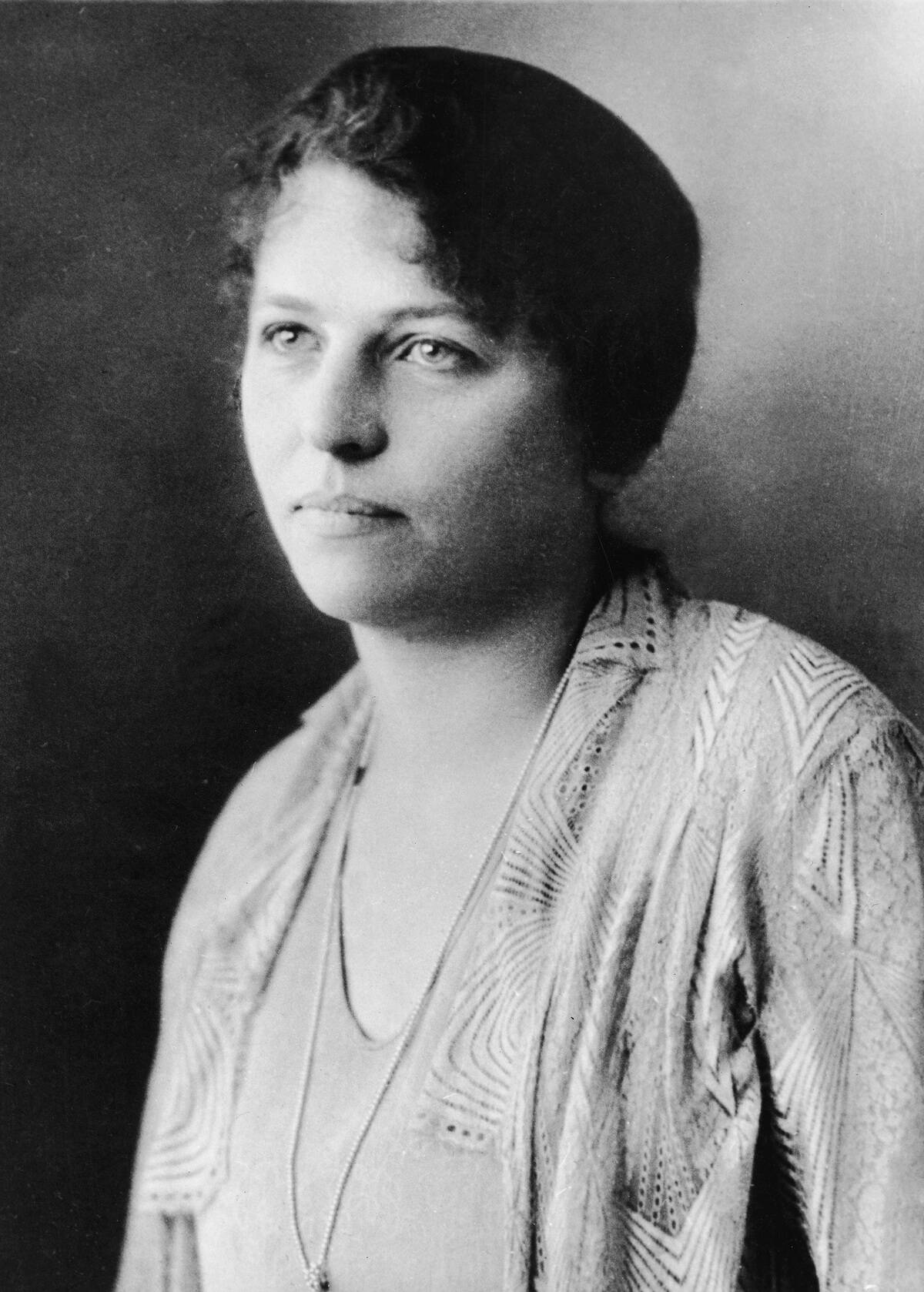
Pearl S. Buck was awarded the Nobel Prize in Literature in 1938 for her rich, epic narratives of life in China. Raised in China by missionary parents, her work bridged Eastern and Western cultures.
Despite her literary success, Buck faced personal challenges, including a difficult marriage and the responsibility of raising a daughter with a genetic disorder. Her novels, such as The Good Earth, reflect her deep understanding of cultural nuances and human emotions, leaving a lasting impact on literature.
Richard Feynman: Brilliant Mind, Personal Struggles
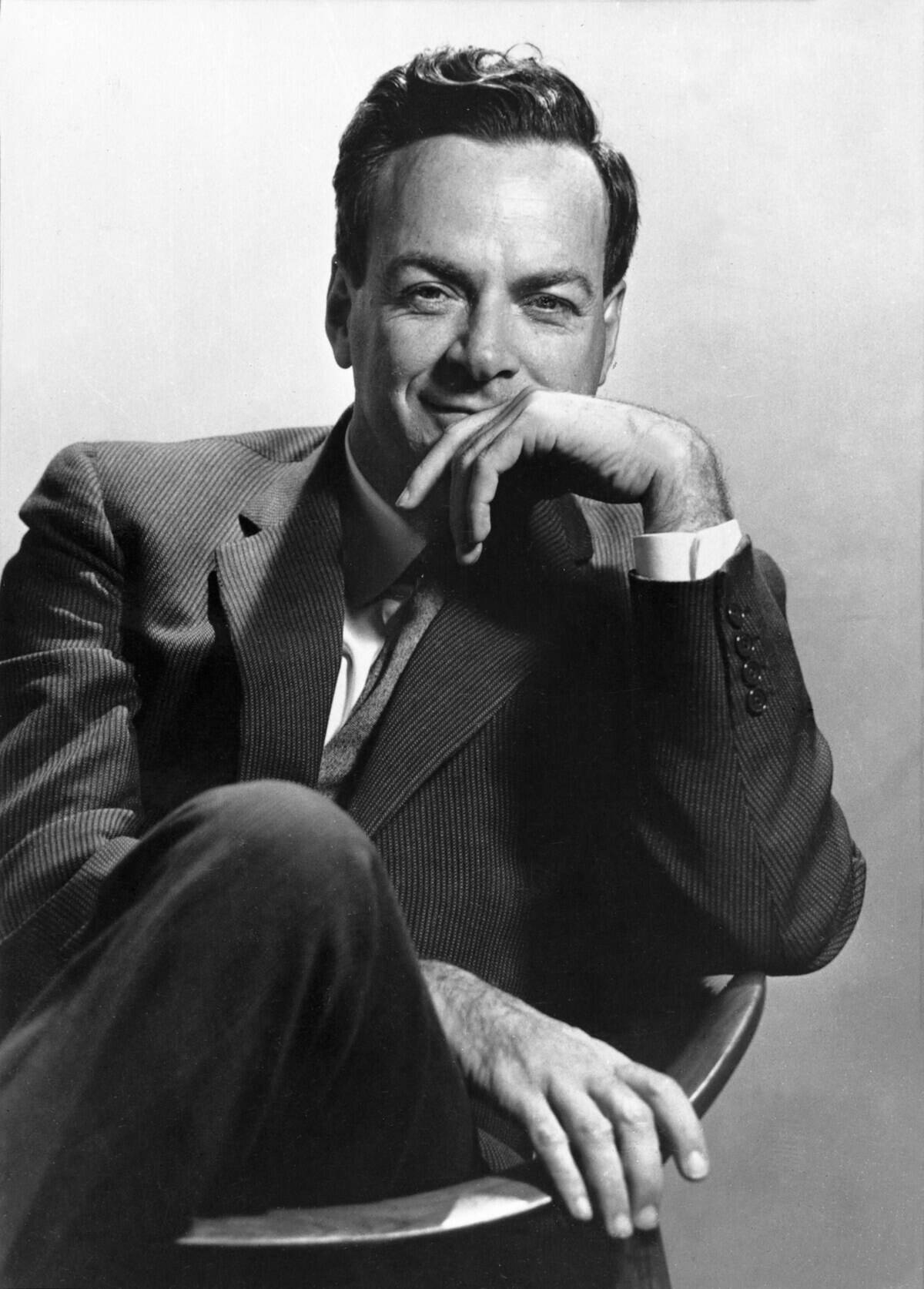
Richard Feynman, a Nobel laureate in Physics, was celebrated for his contributions to quantum electrodynamics. Known for his charismatic teaching style, Feynman’s personal life was marked by the early death of his first wife, Arline, to tuberculosis.
Despite this tragedy, Feynman’s zest for life and insatiable curiosity drove his scientific pursuits. His memoirs and lectures continue to inspire scientists and thinkers, showcasing his ability to blend humor with complex scientific concepts.
Yasunari Kawabata: The Novelist’s Lonely End
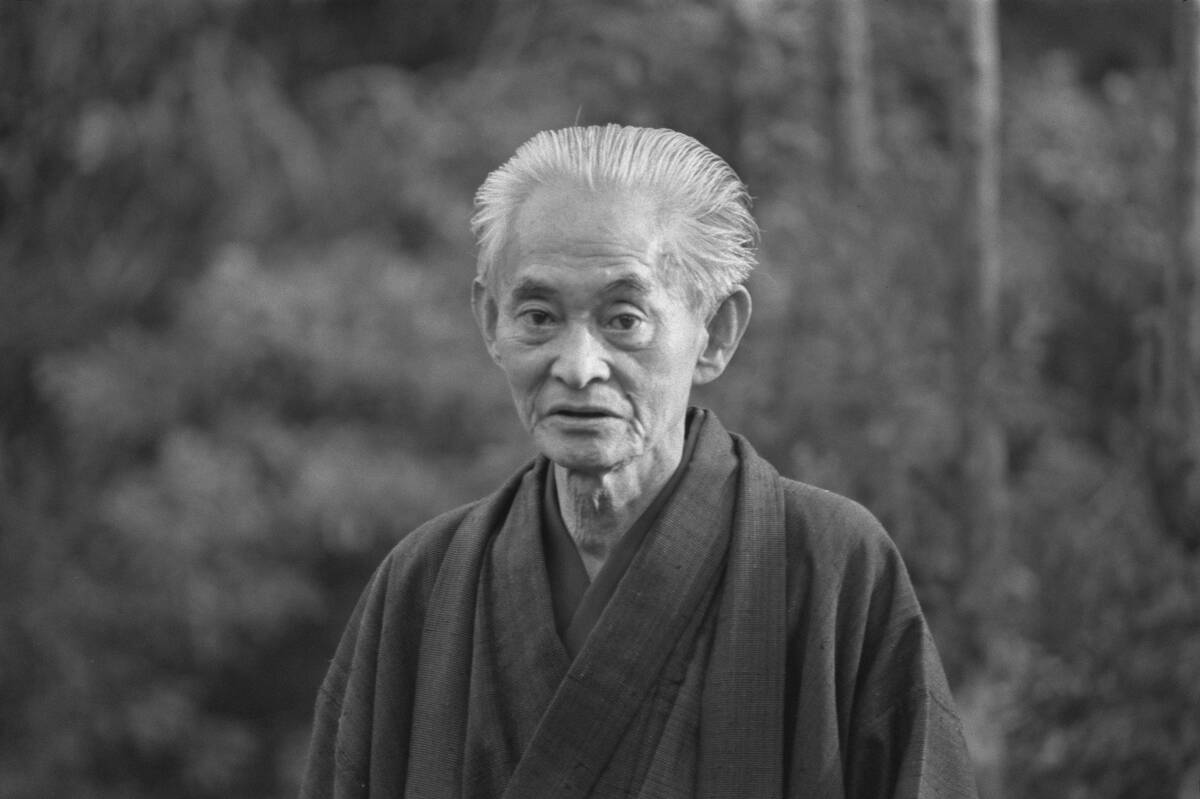
Yasunari Kawabata, the first Japanese author to receive the Nobel Prize in Literature, is known for his lyrical and delicate prose. His works often explore themes of beauty and loneliness, reflecting his personal struggles with depression.
Despite his acclaim, Kawabata’s life ended in tragedy when he took his own life in 1972. His novels, such as Snow Country and The Old Capital, remain celebrated for their poetic elegance and insight into the human psyche.
Elfriede Jelinek: The Reclusive Playwright
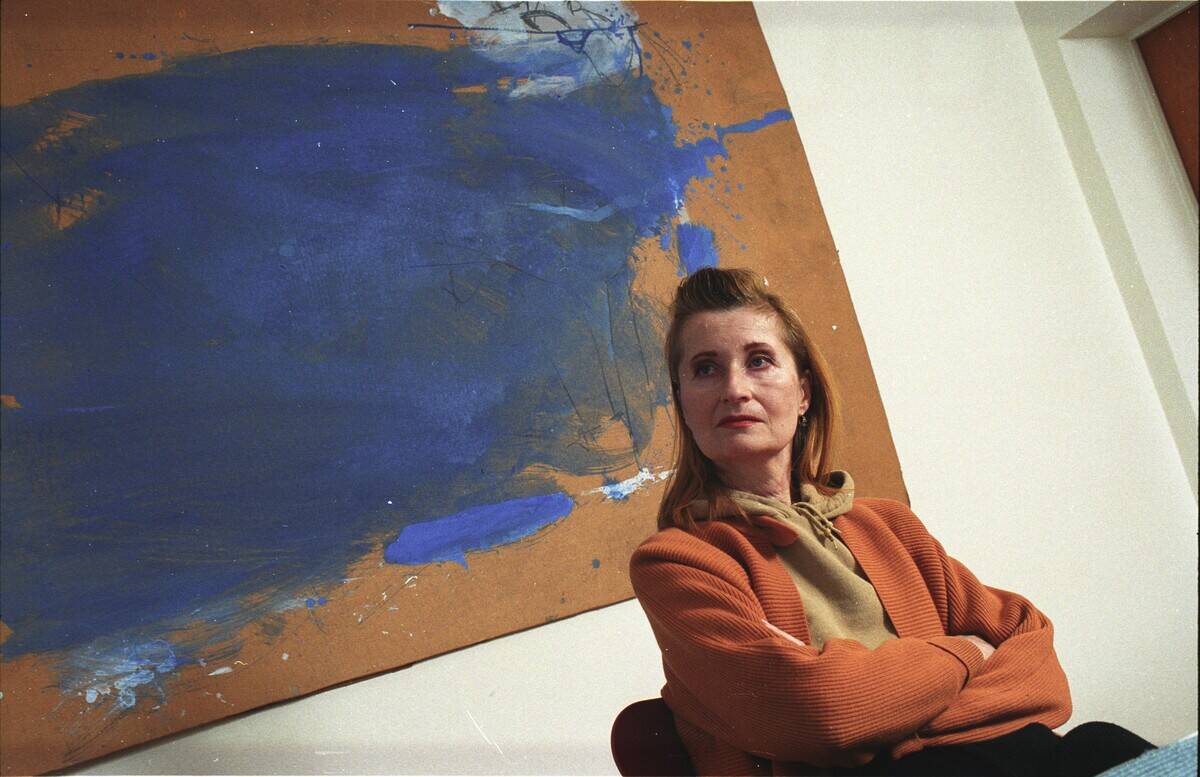
Elfriede Jelinek, awarded the Nobel Prize in Literature in 2004, is known for her provocative and unflinching exploration of gender and power. In addition to having lost relatives to the Holocaust and living a difficult early life dealing with her father’s mental illness and friction with her mother, Jelinek developed an anxiety disorder that left her unable to leave her parents’ house for a year.
Her works, such as The Piano Teacher, critique societal norms and expose the darker aspects of human nature. Jelinek’s unique voice continues to challenge readers, encouraging them to confront uncomfortable truths about society and themselves.
Harold Pinter: Political Passion, Personal Battles
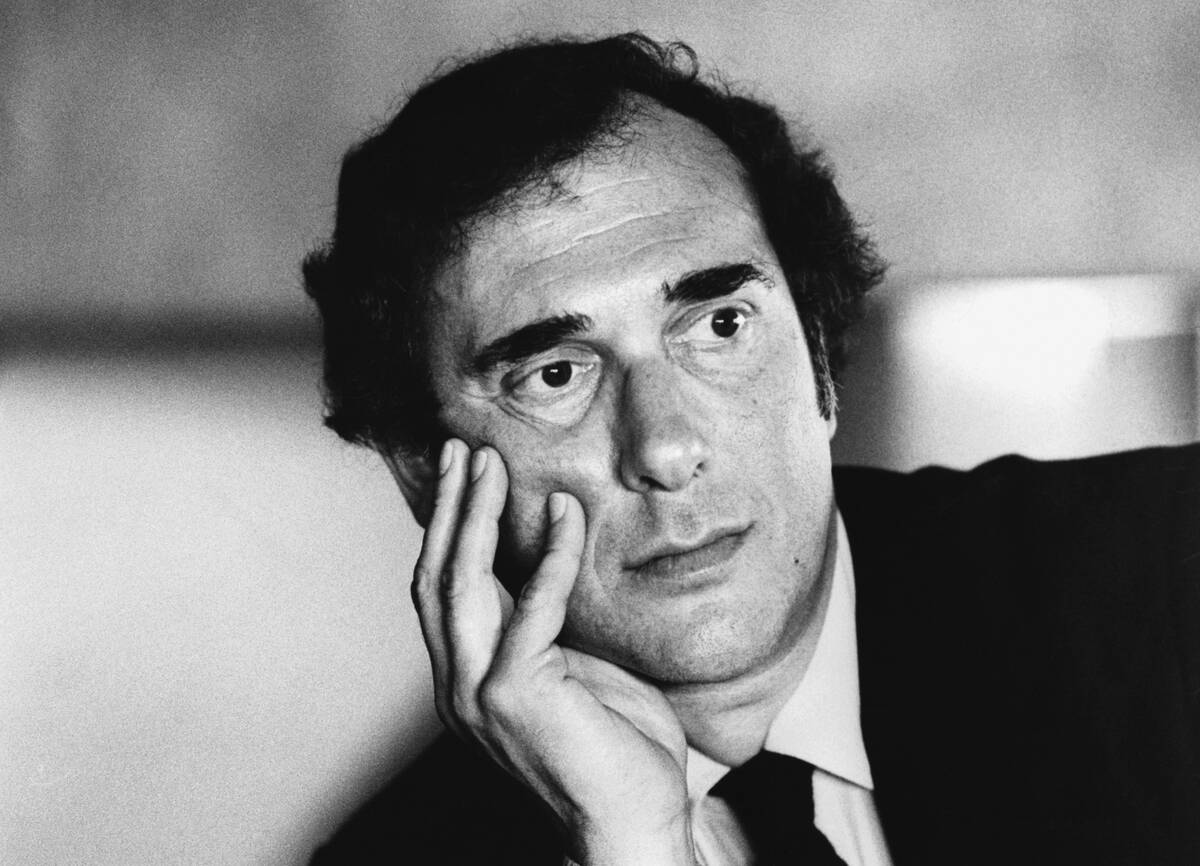
Harold Pinter, a Nobel laureate in Literature, was renowned for his plays that skillfully captured the complexities of human relationships. His work often reflected his political convictions, particularly his opposition to war and censorship.
Pinter’s personal life was marked by health challenges, including a battle with cancer. Despite these struggles, his sharp wit and incisive dialogues continue to influence playwrights and audiences, making Pinter a pivotal figure in the world of theater and beyond.
Svetlana Alexievich: Chronicler of Suffering
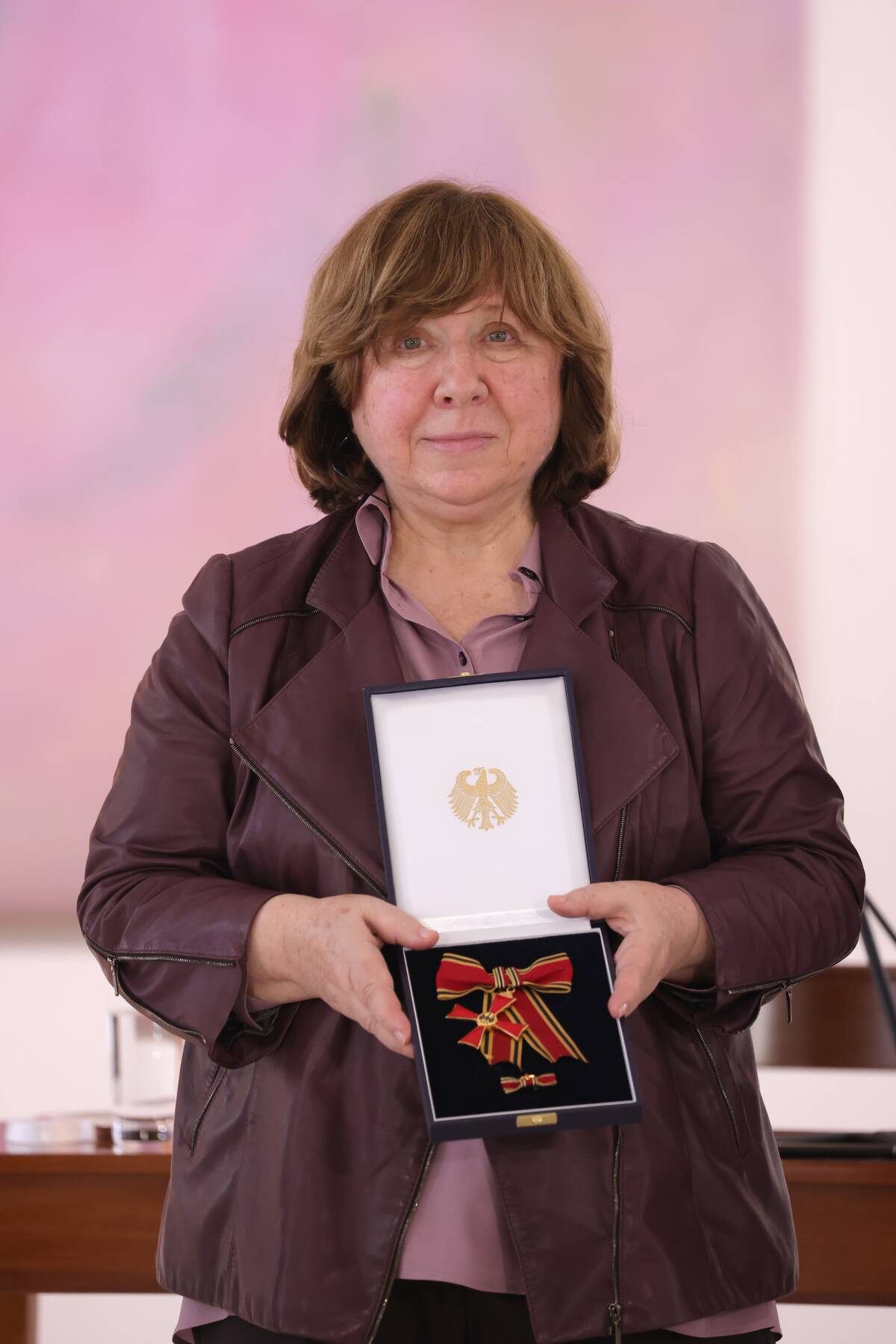
Svetlana Alexievich, awarded the Nobel Prize in Literature in 2015, is renowned for her oral histories that give voice to those who lived through the Soviet and post-Soviet eras. Her work, characterized by meticulous interviews, captures the personal dimensions of historical events.
Despite facing censorship and political pressure that left her persecuted in Belarus from 1992 to 2000 (and again from 2020 onward), Alexievich remains committed to uncovering the truth. Her books, such as Voices from Chernobyl, provide a poignant, human perspective on the tragedies of modern history.
Kenzaburō Ōe: Literature and the Weight of Family Tragedy
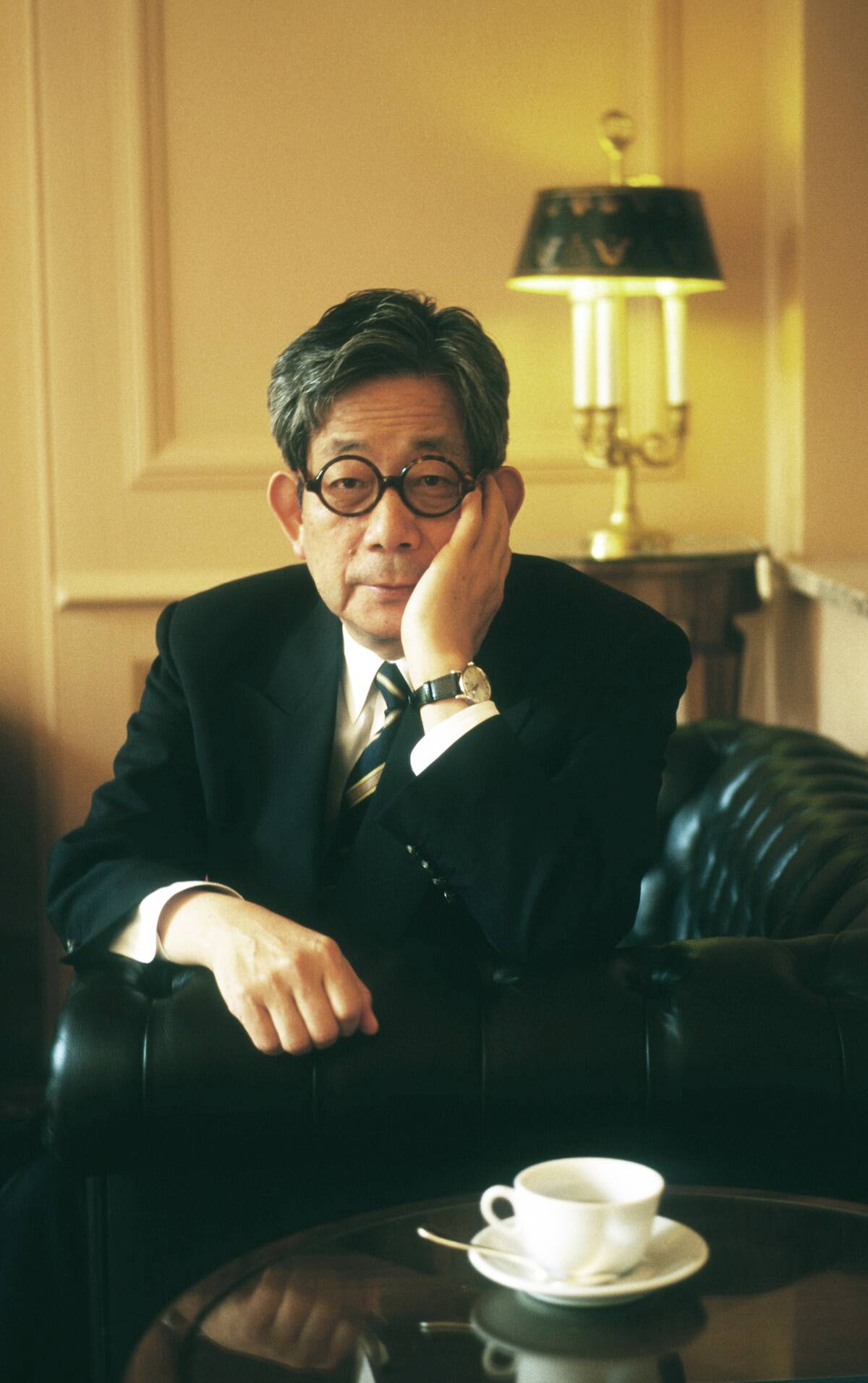
Kenzaburō Ōe, a Nobel laureate in Literature, is known for his profound narratives that often draw from his personal experiences. His work frequently explores themes of trauma and recovery, influenced by his relationship with his disabled son.
Ōe’s novel A Personal Matter reflects his internal struggles and the complexities of familial bonds. Through his writing, Ōe offers a poignant exploration of human resilience, emphasizing the power of literature to address personal and societal challenges.



